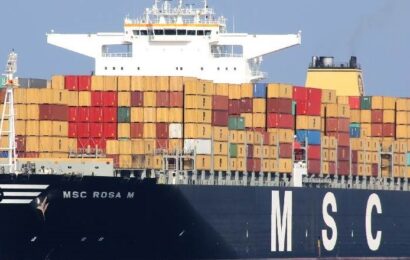ExxonMobil has started barge deliveries of the International Maritime Organization-compliant, low-sulphur marine fuel in New Zealand.
Under the arrangement, the company will be delivering two grades of IMO-compliant, low-sulphur marine fuel, namely, DMA 0.001%S (ultra low sulphur marine diesel) and DMB 0.01%S (low sulphur marine diesel) at the Port of Tauranga — one of the country’s fastest-growing ports.
The two grades of LSFO will help both international and domestic vessels meet the requirements of the IMO’s latest global emission standard.
The service, which came into operation on 4 May, is said to enhance the company’s offer in the Asia Pacific region.
MT Korimako, the first and only bunker barge in Port of Tauranga, will play a significant role in refuelling coastal traders, international cargo ships and other large vessels operating in the Bay of Plenty region, according to ExxonMobil.
Arriving from Australia, where it has been in operation since it was commissioned in 2012, the 65-metre Korimako – previously named the Anatoma – has been reflagged to Aotearoa New Zealand.
The company said it engaged MT Korimako in Tauranga Moana to meet the needs of its customers, as well as improve Mobil’s marine refuelling capability and efficiency.
“The MT Korimako will deliver noticeable improvements to the Port of Tauranga’s productivity by reducing waiting times for refuelling,” Andrew McNaught, Mobil lead country manager, said.
“The ability to fuel vessels berthed at Sulphur Point, as well as at the port’s land-based refuelling berths, will reduce port congestion as vessels will no longer have to wait for berth space to become available in order to refuel. In addition, the MT Korimako means that ships can be refuelled while they are loading or unloading cargo, which will be particularly useful in periods of high demand.”
MT Korimako is operated by Mount Bunkering, a division of the ASP Ships Group.
World Maritime News reports that the company owns Silver Fern Shipping which presently carries and distributes approximately 65% of New Zealand’s liquid fuel products through its two tanker vessels, the MT Matuku and the MT Kokako.







